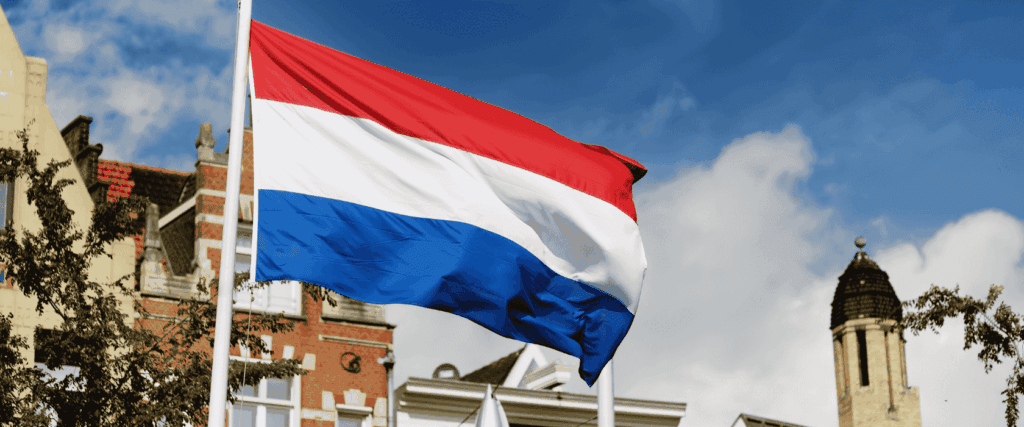For Society, Not For Profit: The ESSCA School of Management’s Pioneering Principles
The ESSCA School of Management, a non-profit business school with 10 campuses worldwide, uniquely positions itself in the business education sector. Dean & CEO, Jean Charroin, talks about how ESSCA sets itself apart.





